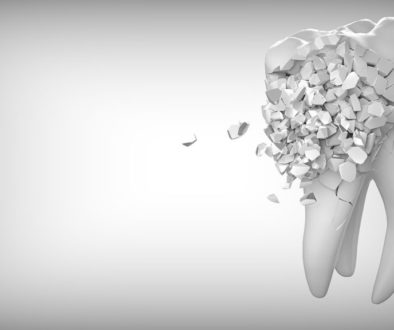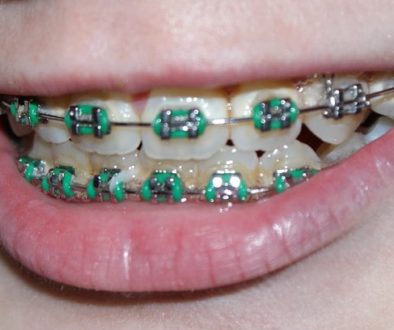Coffee: Good Or Bad For Your Teeth?
 If you’re a typical adult, you probably drink coffee at least occasionally and more likely than not, drink it on a regular basis. I’ve seen various statistics that more than half of adults today drink coffee daily! These coffee drinkers average over three full cups of a day.
If you’re a typical adult, you probably drink coffee at least occasionally and more likely than not, drink it on a regular basis. I’ve seen various statistics that more than half of adults today drink coffee daily! These coffee drinkers average over three full cups of a day.
When you’re drinking your coffee do you ever wonder what it is doing to your teeth? Is it good, bad, or just a wash? I’m going to help you figure that out.
Black coffee can protect against the bacteria that cause tooth decay.
Here’s the one you wanted to hear right? Researchers in Brazil placed extracted baby teeth in a coffee solution and tested to see if it would promote the growth of bacteria that cause decay or not. Interestingly, the coffee solution actually helped to break down the bacterial colonies on the teeth.
In order for bacteria to attach to your teeth they must create what is known as a “biofilm” on your teeth. This basically means that they all secrete sticky substances that help them attach to each other and to your teeth. You know that dirty feeling you get on your teeth when you haven’t brushed them in a while? Yep, thats biofilm. Yuck!
They aren’t quite sure exactly what in coffee is responsible for this but the results are promising. It goes along with a lot of what I’ve seen personally as a dentist. Most routine black coffee drinkers don’t have a highly excessive number of cavities (as compared to routine soda drinkers who almost always have excessive numbers of cavities). All this assumes that you aren’t adding a bunch of sugar or milk to your coffee. Do that and you’ve probably lost the anti-bacterial effects of the coffee.
So, moral of the story? Drink your coffee black.
Coffee is acidic. Acid is bad for your teeth.
Black coffee has an average pH of 5. Anytime your mouth goes below a pH of 5.5 it shifts the balance in your mouth from enamel building to enamel breakdown. Before you get too worried, shifts in pH are a normal part of life in your mouth. Many foods, especially those containing sugars, carbohydrates, and acids push the pH down below this level. The goal is to limit how often throughout the day this happens. If you are sipping on your coffee every 5 minutes all day long, it isn’t going to be good for your teeth. If you drink it over a short time period and then are done with it for a while, you are far less likely to cause acidic damage to your tooth enamel.
Drink your coffee and be done with it.
Sweeteners in coffee aren’t good for your teeth.
Many people don’t like the taste of regular black coffee. I’m told it is an acquired taste (one which I’ve thankfully never acquired). As a result many coffee products are packed with added sugar, cream, or milk. This is especially true with coffee from the mainline coffee shops such as Starbucks of Dunkin Donuts. These added sugars have a tendency to stick to your teeth and raise your risk for tooth decay significantly (along with many other related health problems).
If you are going to add sweeteners, try to limit how long the coffee is in contact with your teeth. That means drinking it quickly and not sipping on it over the course of several hours.
Coffee stains your teeth heavily.
Some types of stains on teeth are very superficial. For example, if you get a bit of tartar build-up on your teeth and it stains. This type of stain polishes off pretty easily with a dental cleaning.
As a dentist, I can tell almost immediately if someone is a regular coffee drinker. Coffee tends to stain teeth in a very characteristic manner. In my experience, coffee seems to stain teeth on a deeper level. Stain molecules can penetrate deep into the tubules inside your teeth causing a much more lasting and difficult to remove type of stain. It usually imparts a dark brown or yellow hue to the teeth. Polishing the teeth usually doesn’t remove this type of stain. Teeth bleaching with peroxide type products is usually the only way to penetrate deep enough into the teeth and lift these stains out.
If you have any sort of cracks, bonding, or other types of dental work in your mouth, these will all have a tendency to stain and discolor as well. Bleaching won’t be enough to get these stains out. It usually requires additional dental work to remove the stained parts and cover over them with more filling material, crowns, veeners, etc.
For many people, a lifetime of drinking coffee leads to highly stained teeth that isn’t easy or cheap to fix.



